It is no secret that acne is a common skin condition: More than 85% of teenagers experience breakouts. In addition, more than five in 10 women and four in 10 men over age 25 deal with acne.
Just what causes acne? Lots of factors, one being stress. Given today’s uncertainty, stress is certainly amplified for many. Stress can increase the levels of hormones such as cortisol. In turn, cortisol makes your skin produce additional oil. This can cause pimples, whiteheads and blackouts. This can also trigger other skin issues such as eczema, rosacea and psoriasis.
Making matters worse is that wearing masks to help prevent the spread of COVID-19 can also affect your skin. By now, we’re probably all familiar with mask-wearing. Many states have some sort of mask mandate or guidelines imposed.
When you mask, you are helping to protect yourself and people around you. That said there is an unwanted side effect: You are subjecting your skin under the mask to a warm, humid environment that is the perfect breeding ground for bacteria. Plus, your skin can’t shed dead cells the way it normally does. Those skin cells can build up on your face. The result may be a case of “maskne” — acne caused, at least in part, by mask-wearing.
That’s the bad news. Fortunately, there is plenty you can do to tend to your skin, even while you wear a mask. Maintain your regular skin care routine, or start one if you don’t have one already. Wash your face with gentle cleansers in the morning and at night. Be sure to exfoliate (i.e., remove dead skin cells) regularly.
Take off your mask several times a day and wipe or wash the skin under your mask to help keep it clean. Keep your hands off your skin otherwise. Touching your face spreads dirt, and oil can make acne worse. Avoid picking at pimples or breakouts. You can use a topical lotion or cream that contains salicylic acid or benzoyl peroxide to achieve clearer skin.
The accompanying resource describes how to address this minor but common affliction. It expounds upon what “maskne” is, its cause, and ways to treat and prevent it.
Source:

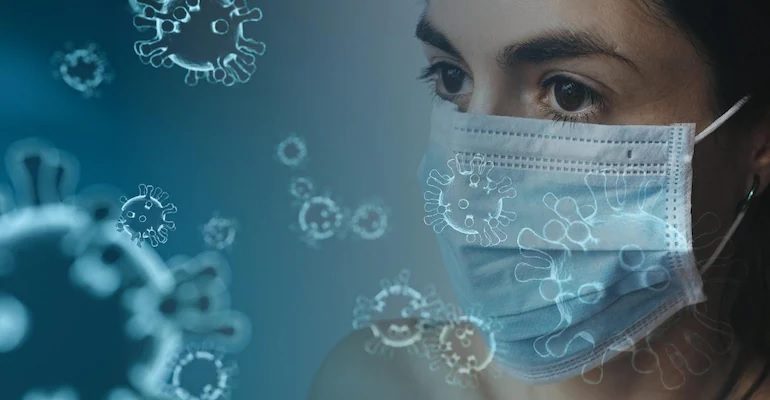
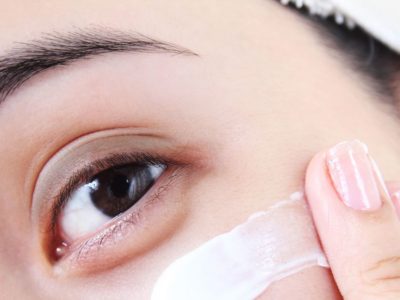
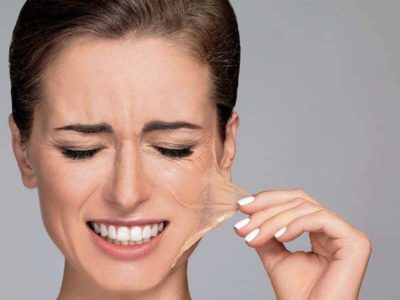
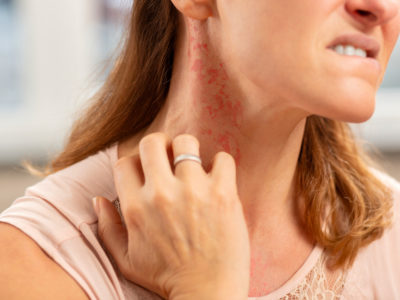
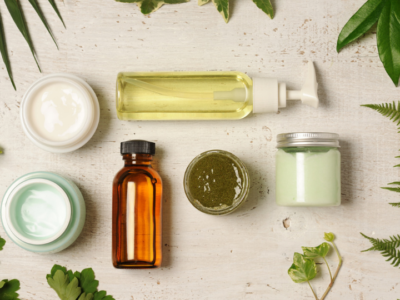

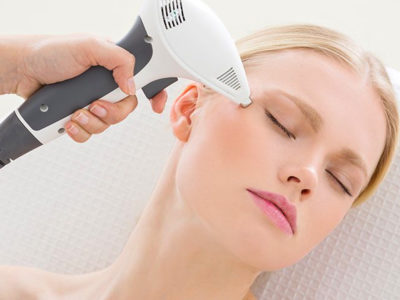





Comments